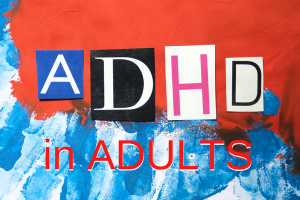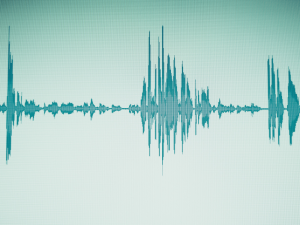We often think of voice issues as affecting only performers, singers, or public speakers. But the truth is, problems like hoarseness or even complete voice loss can happen to anyone. Vocal strain often builds up gradually, and the early warning signs are easy to miss.
Whether you use your voice professionally or just want to keep it healthy, recognising these subtle changes early on can help prevent more serious issues down the line.
Here are 6 signs to look out for
1.Your Voice Feels Tired by the End of the Day: If your voice feels worn out, weak, or less reliable after work, it may indicate that the muscles supporting your voice are under stress. This kind of fatigue isn’t typical and suggests your voice isn’t being used efficiently.
2.You Clear Your Throat Often: Frequent throat clearing can be a sign of irritation, tension, or even silent reflux. Over time, this habit can cause further strain and damage to the vocal cords.
3.You Struggle to Project or Be Heard: If you’re finding it more challenging to speak loudly or be heard in noisy environments, it could be due to tightness or imbalance in the muscles around your larynx and diaphragm. A loss of vocal power may indicate underlying tension.

4. Breathlessness When Speaking: Running out of breath mid-sentence or needing to take frequent breaths when talking may mean your breath support muscles aren’t working efficiently with your voice. This can lead to compensatory strain.
5. Limited Vocal Range: Not just for singers, if your voice feels stuck in one register or you can’t reach higher or lower tones like you used to, it might be a sign of muscle tension limiting your vocal flexibility
6. Physical Discomfort Around the Neck or Jaw: Tightness, aches, or discomfort around the throat, jaw, or upper chest can be linked to how your voice is functioning. These areas work together to support healthy, sound production.
If you recognise any of these signs, it might be time to seek professional support. Osteopathic laryngeal manual therapy is a gentle, hands-on approach that helps release tension, restore balance, and support the voice holistically. The earlier you address subtle strain, the easier it is to regain ease and prevent more serious problems later on.







